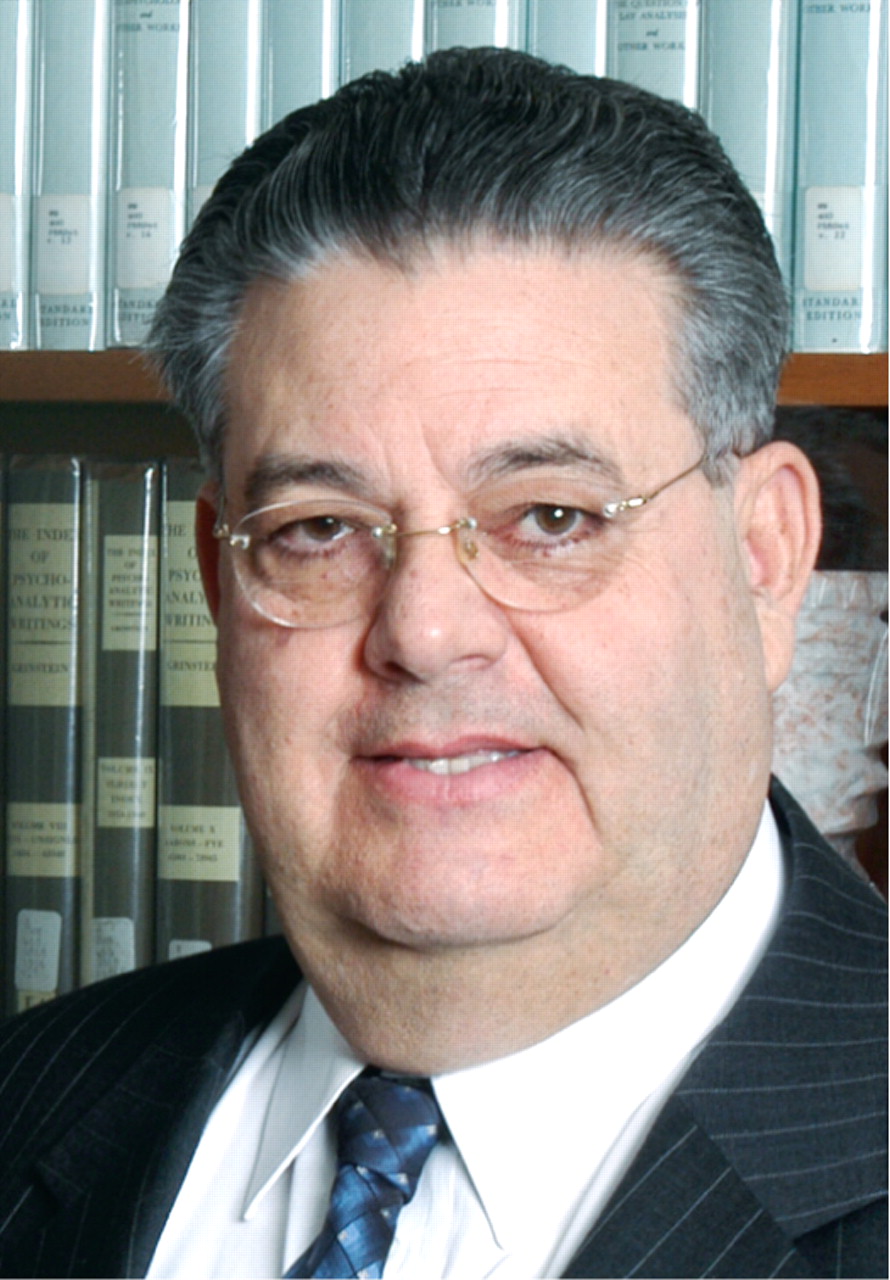I wish to dedicate my last presidential column to the most important people in our profession: the mentally ill patients. Our patients deserve our utmost respect and recognition.
We spent four years in medical school after completing our college education to learn and try to decipher the most important aspects of the body and mind pathophysiology. Our aim was to understand illnesses and how to diagnose and treat them. After medical school graduation, we spent a minimum of four years to master the clinical care of patients with mental illness. Undergoing this minimum of 12 years of intensive education (college, medical school, and residency) demonstrates our commitment to addressing all the clinical and human needs of our mentally ill patients, particularly those who are disenfranchised, destitute, and disadvantaged.
Since then, we have worked hard to achieve our professional goals: to mitigate the pain and suffering of mentally ill people and find cures for all mental illnesses. Despite our noble intentions, however, many barriers have prevented us from being as effective as we thought we could be at the start of our careers. Among them: stigma, lack of access to care, lack of parity coverage for psychiatric care, discrimination against mentally ill people, the public's lack of knowledge about mental disorders, and the crippling defunding of the public-sector mental health system. These barriers force us to re-examine our role—and responsibility—to work toward their eradication, not only in this country, but throughout the world as well.
We, as physicians and psychiatrists, must rise to the occasion and help our mentally ill patients be given the human dignity and quality of psychiatric care that they fully deserve. In this respect, we must go beyond the boundaries of our offices: we must join organized medicine, we must publicly advocate on behalf of our patients, we must join forces with patient advocacy organizations, and we must ensure that our patients get the medical care they need. To avoid our professional responsibilities will result in letting our country return to the dark ages of psychiatry's history—a time when people with mental illness were locked up, warehoused in asylums, or left to wander in cities or the countryside. Some would argue that we have already returned to those dark ages.
A quick look at the current status of Americans with regard to health and mental health care is scary: 47 million Americans are without health/mental health insurance coverage and many are underinsured; tens of thousands of mentally ill people are homeless and neglected; millions of mentally ill people are denied full and comprehensive parity for psychiatric care; tens of thousands of mentally ill people are unfairly and unnecessarily sent to or held in jails and prisons rather than in psychiatric institutions; tens of thousands of ethnic-minority mentally ill people are denied culturally competent mental health services; and tens of thousands of children, adolescents, women, sexual minorities, and older adults with mental illness are denied adequate and sensitivity-driven mental health care. How much inhumane and inadequate care will we tolerate in our country before we say enough is enough?
We have to bring back to our communities all mentally ill people who are still living in the shadows, under the bridges and highways figuratively and literally, as well as in jails and prisons. I do know that we, as psychiatrists, have the awareness and sensitivity needed, the empathy and dedication required, the commitment and will to drive us, and the courage demanded to right these wrongs. Let's use our principles, let's use our values, and let's operate our APA and our professional practices within a framework of social responsibility.
This year, I opened the door to demand that this country take steps to provide high-quality, humanely delivered care to its mentally ill people. Let's be sure that the door will never close again. The future and image of APA and our profession depend on it. Thank you for your support this past year in adding your voice to mine. ▪

